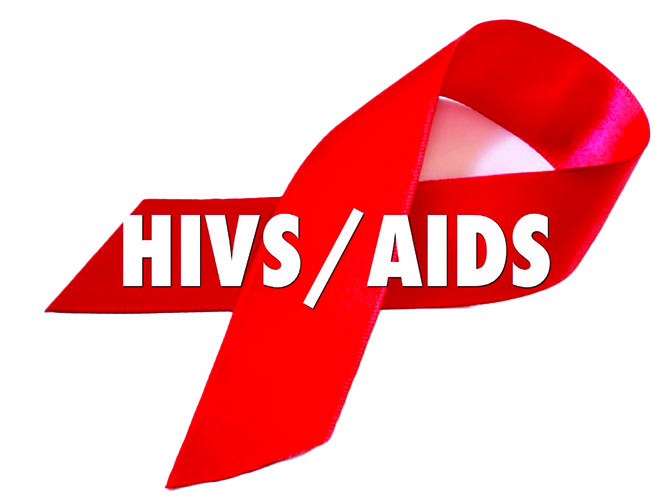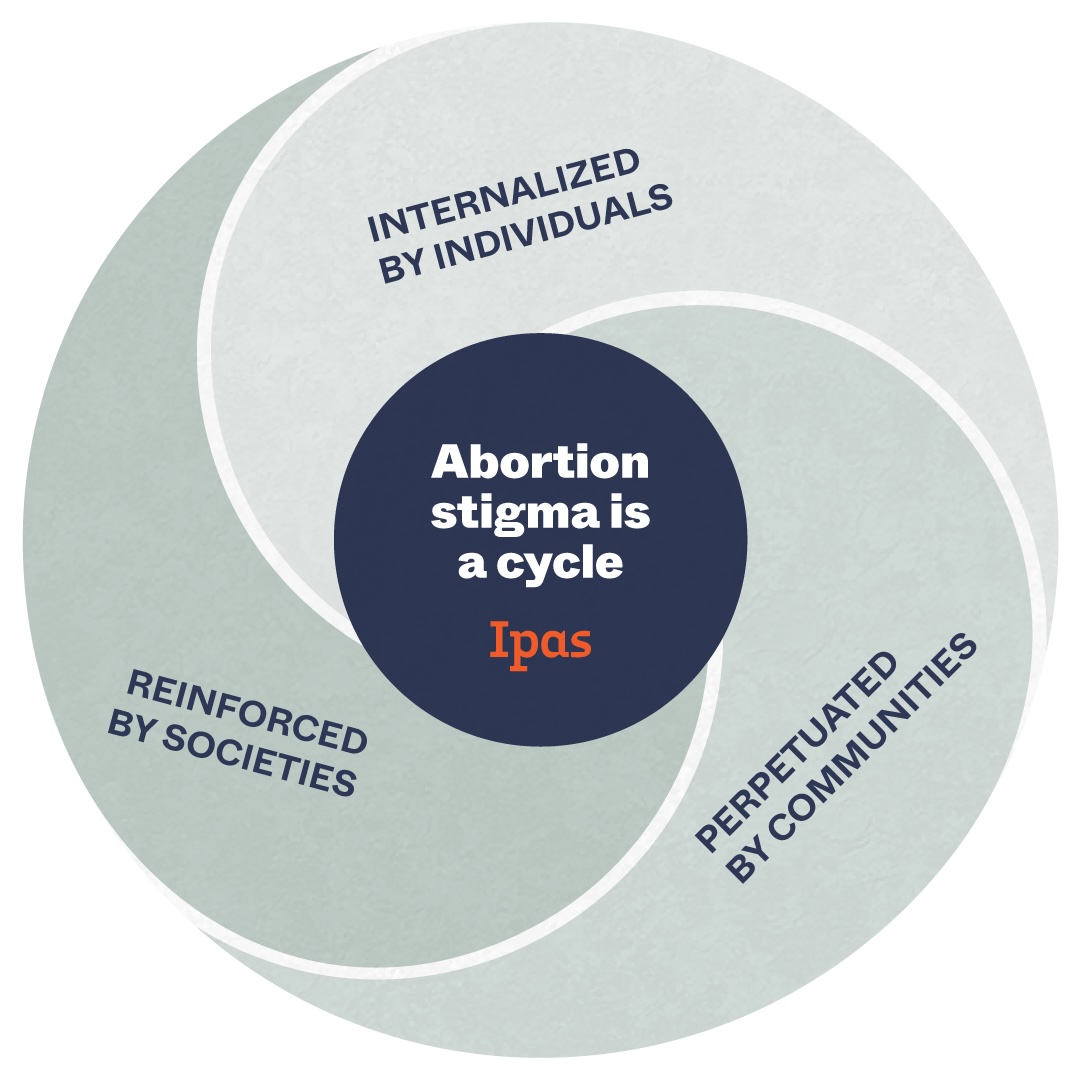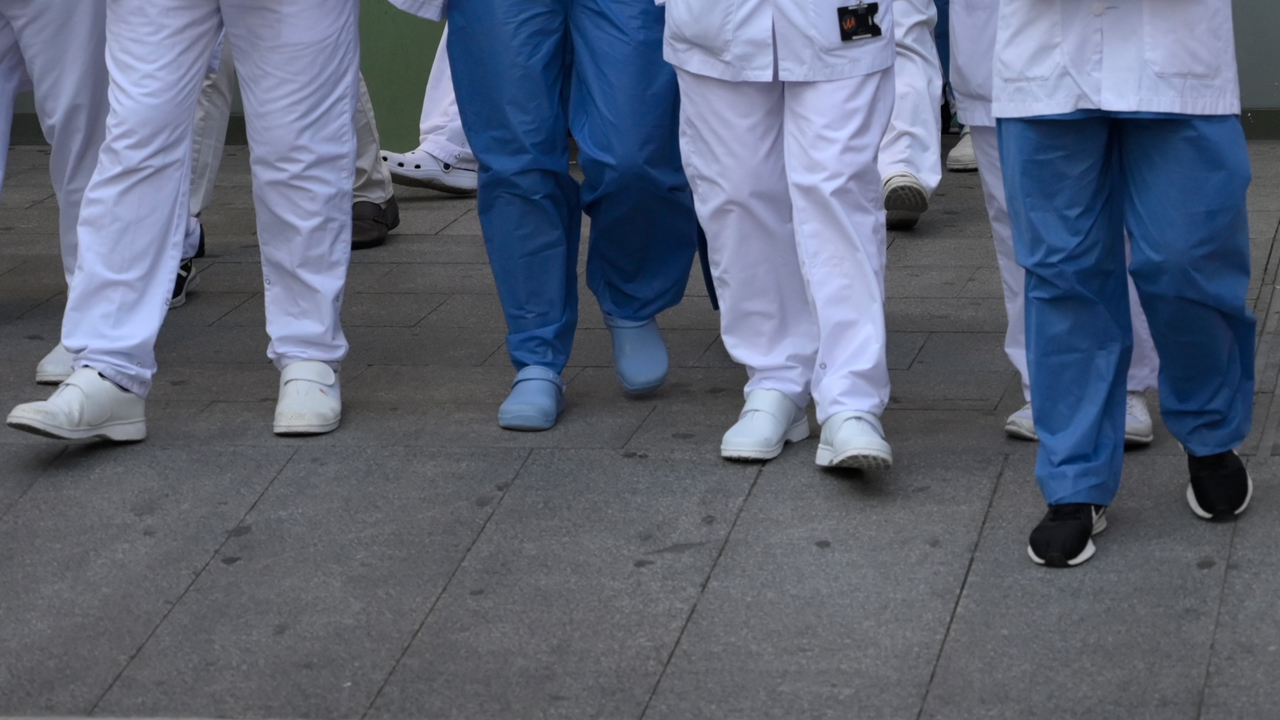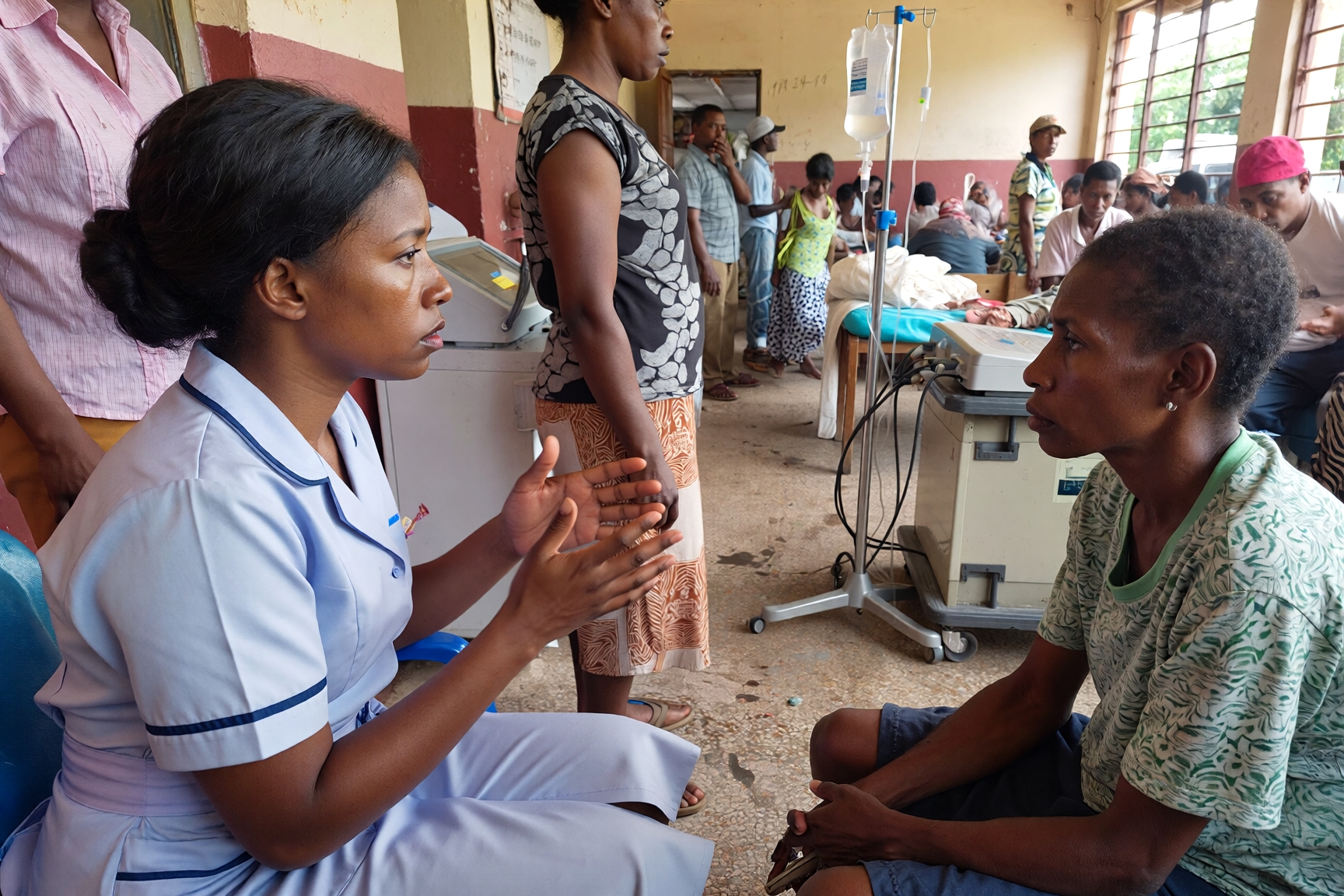
As the world observes this year’s Human Immunodeficiency Virus (HIV) and Acquired Immunodeficiency Syndrome (AIDS) Day on Sunday, December 1, PAUL ADUNWOKE examines issues around the disease and the global cum Nigeria’s efforts to roll back its spread with emphasis on increasing more advocacy for prevention and effective antiretroviral treatment of infected persons devoid of stigma.
Statistics have shown that about 1.9 million Nigerians are currently living with HIV/AIDS. According to the World Health Organisation (WHO), HIV remains a major global public health issue, having claimed an estimated 42.3 million lives to date. Yet, its transmission is ongoing in all countries of the world.
The global health body also revealed that an estimated 39.9 million people were living with HIV at the end of 2023, 65 per cent of whom are in the WHO African Region.
In Nigeria, Benue State has the highest HIV prevalence, followed by Rivers, Akwa Ibom, Edo, and Taraba states.
Records also show that funding for HIV dropped by five per cent from 2022 to 2023, and by 7.9 per cent between 2020 and 2023.
WHO Regional Director for Africa, Dr. Matshidiso Moeti, noted that in 2023, an estimated 630,000 people died from HIV related causes while an estimated 1.3 million people acquired HIV.
She explained that there is no cure for HIV infection. However, with access to effective HIV prevention, diagnosis, treatment and care, including for opportunistic infections, HIV infection has become a manageable chronic health condition, enabling people living with it to lead long and healthy lives.
Moeti stated that WHO, the Global Fund and The Joint United Nations Programme on HIV/AIDS (UNAIDS) all have global HIV strategies that are aligned with the Sustainable Development Goals (SDG) target 3.3 of ending the HIV epidemic by 2030.
She said by 2025, 95 per cent of all people living with HIV should have a diagnosis, 95 per cent of whom should be taking lifesaving antiretroviral treatment, and 95 per cent of people living with HIV on treatment should achieve a suppressed viral load for the benefit of the person’s health and for reducing onward HIV transmission.
She noted that in 2023, these percentages were 86 per cent, 89 per cent, and 93 per cent respectively.
“In 2023, of all people living with HIV, 86 per cent knew their status, 77 per cent were receiving antiretroviral therapy and 72 per cent had suppressed viral loads,” she said.
HIV is a virus that weakens the body’s immune system, making it harder to fight infections and some cancers. The most advanced stage of HIV is AIDS, which can develop over two to 15 years.
To curb the spread of the disease, the Chief Executive Officer (CEO), Lagos State AIDS Control Agency (LSACA), Dr. Folakemi Animashaun, explained that the agency has introduced free HIV screening initiative as part of efforts to promote public health, offering convenient access to HIV testing and support services in the state. Animashaun added that the state remains committed to improving access to health care services including free screening and counselling exercises for the residents of the state.
She noted that the state has intensified efforts in upscaling its anti-retroviral therapy (ART), public awareness and sensitisation, free HIV testing and counselling, community outreach and youth focused programmes. She also revealed that the state has also invested in research and data collection for a better understanding of the trends and demographics of HIV/AIDS in the state.
Animashaun commended residents of Lagos State for turning up for screenings in recent times, emphasising that HIV testing is essential for a healthy and productive life.
She stressed that the positive response from residents reflects a growing commitment to health and preventative measures in the fight against HIV.
“The fight against HIV through the free screening initiative not only serves to increase awareness about HIV but also fosters responsible practices within the community to reduce the risk of transmission,” Animashaun said.
The CEO explained further that the screening exercise will provide valuable resources and support for residents regarding HIV awareness and prevention, adding that the exercise will not only raise awareness about HIV but also encourage responsible practices to reduce community transmission of the virus.
The CEO stated that Lagos State is taking a significant step towards combating HIV/AIDS by developing a comprehensive HIV Action Plan for disease prevention.
According to her, in line with the agency’s commitment to the prevention and control of HIV in the state, LSACA has partnered with the United Nations Population Fund (UNFPA) to advance the state’s HIV prevention efforts.
“Together, we have embarked on the development of the year 2025 to 2027 HIV Action Response Plan (HARP). This comprehensive plan was informed by findings from an earlier assessment using the HIV Prevention System Assessment Tool (PSAT), which identified strategic gaps,” she said.
While commending UNFPA for collaborating with the state government, the CEO noted that the fight against HIV is an ongoing battle and can only be won through collaborative efforts and strategic planning.
She emphasised the state’s unwavering commitment to improving access to healthcare services, highlighting the importance of increased awareness campaigns and the expansion of HIV testing and counselling centres across the state.
She noted that the state is dedicated to curbing the spread of the virus by ensuring that all residents have access to the necessary resources for prevention, testing, and treatment.
The CEO advised all residents of Lagos State to take responsibility for their health and well-being as getting tested for HIV is a crucial step in maintaining a healthy and productive life.
“I urge everyone to take advantage of this opportunity and prioritise their health. I like to take this opportunity to encourage all residents to take advantage of the free screening exercise being offered.”
On her part, the Chief Social Welfare Officer at Lagos Island Maternity Hospital, Mary Olayemi, said Nigerians should abstain from careless and unprotected sexual intercourse.
She advised Nigerians to constantly make efforts to know their HIV status by getting tested every three months.
“Citizens who are HIV reactive should desist from spreading the virus to others intentionally. I will also advise Nigerians to stop sharing sharp objects like razor blades, needles and cuticles, among others,” Olayemi said.
She urged Nigerians who have information about how the virus can be spread and how it can be prevented to directly or indirectly share it with other citizens who are less informed.
“The reactive citizens who are on medication should make sure they take the drugs regularly as instructed by their caregivers or doctors,” she advised.
She said one of the prevention strategies of HIV is to practice safe sexual intercourse by making use of condoms consistently and correctly.
Giving more prevention tips, Olayemi said: “Limit sexual partners, avoid unprotected sexual intercourse, get tested to know your status. There is a need to encourage partners to get tested.
To prevent mother to child transmission, pregnant women should get tested. Take antiretroviral therapy (ART) if positive. Avoid sharing needles, use sterile needles and syringes. Avoid sharing personal care items.
“In terms of blood safety, people should ensure blood transfusions are safe and screened. Protect yourself and others. Abstain or delay sex until marriage. Be faithful to your partner. Use condoms if not in a mutually monogamous relationship. Support HIV positive individuals and reduce stigma and discrimination.”
She noted that achieving zero HIV/AIDS in Nigeria, requires a multi-faceted approach, saying there are short-term goals for 2025 to 2030, which include increasing HIV testing by expanding testing centres, community-based testing and self-testing.
She explained that the medium-term goals 2030 to 2035 include scaling up HIV prevention programmes, pre-exposure prophylaxis (PrEP) for high-risk groups, voluntary medical male circumcision (VMMC), harm reduction programmes for injecting drug users, enhancing community engagement, supporting community-led organisations, engaging traditional and religious leaders, promoting stigma reduction, improving healthcare infrastructure, upgrading facilities and equipment, training healthcare workers, ensuring adequate funding, addressing social determinants, poverty reduction, and education and economic empowerment; while the long-term goals 2035 to 2050 include to achieve universal health coverage, ensure access to comprehensive healthcare, reduce out of pocket expenses, implement innovative solutions, HIV vaccines, cure research, gene-editing technologies, foster regional collaboration, share best practices, coordinate cross-border efforts, sustain political commitment, ensure continued funding and maintain high-level advocacy.
She stated that the key stakeholders for these long-term goals include the federal, state and local governments, the National Agency for the Control of AIDS (NACA), international partners like UNAIDS, WHO; Civil Society Organisations (CSOs), the private sector, communities and individuals living with HIV.
The Deputy Director and Consultant, Nutritionist/Dietitian at Obafemi Awolowo University Teaching Hospital Complex (OAUTHC) Ile Ife, Osun State, Dr. Ogbonna Obinna, commended the Federal Government for consistent and concerted efforts in combating the menace of HIV/AIDS in Nigeria with the collaboration of other international agencies.
He said the current actions like prevention of mother to child transmission, voluntary medical male circumcision, social and behavioural change communication and other effective awareness methods need to be sustained.
The deputy director explained that making HIV/AIDS a compulsory topic to be taught from primary to secondary schools, with regard to its dangers, mode of transmission and consequent outcome should be embedded in the core subjects to be taught in schools.
He said there is a need to encourage those who are living with it to regularly go for their drugs to reduce the viral load.
“The advocacy for the group of people living with it to meet regularly to discuss and share ideas and challenges of living with the disease is not out of place,” Obinna said.
He said from a prevalence rate of close to three per cent in 2017, it is currently less than 1.5 per cent from the various survey reports, especially that of the National HIV/AIDS Indicator and Impact Survey (NAIIS).
“You can agree with me that there is significant progress in its reduction,” he noted.
He stated that the axiom, ‘prevention is better than cure’ could be deployed for effective prevention of HIV.
He stressed that this is because there is no known medical cure for AIDS, adding that the antiviral drugs that are available are meant to reduce the viral load.
“The various known precautions are to be adhered to strictly,” he said.
A Public Health Physician/National Clinical Mentor on the National Clinical Mentorship Programme (NASCP), Federal Ministry of Health, Dr. Reinnet Awoh, said the Federal Government has made commendable progress in the fight against HIV/AIDS.
“Initiatives such as the National HIV/AIDS Strategic Framework and the provision of free antiretroviral therapy (ART) have improved access to life-saving treatment for millions of Nigerians,” he said.
He stated that additionally, the integration of Prevention of Mother-to-Child Transmission (PMTCT) services into maternal healthcare and the establishment of community-based HIV testing programmes have significantly contributed to reducing transmission rates and expanding care.
“These achievements are a testament to the government’s dedication to tackling the epidemic,” he noted.
However, he noted that achieving zero HIV/AIDS in Nigeria requires building on these successes with sustained commitment, innovative strategies, and collaborative efforts.
He said: “Here’s how the government can take decisive steps to achieve this critical goal: Strengthen and expand prevention programmes. Prevention remains the first line of defence against HIV. The government must ensure that prevention tools like condoms, lubricants, and Pre-Exposure Prophylaxis (PrEP) are widely available and accessible, especially to key populations and vulnerable groups. Public education campaigns should be expanded to raise awareness about HIV transmission and prevention, addressing common myths and misconceptions. In addition, scaling up free and confidential HIV testing services in rural and hard-to-reach areas will help identify undiagnosed cases and prevent further spread.
“In terms of prioritising PMTCT programmes to protect the next generation, PMTCT programmes are crucial in breaking the chain of HIV transmission from mothers to children. The government should ensure every pregnant woman has access to routine HIV testing and treatment, regardless of where she lives. Special attention should be given to educating HIV-positive mothers on safe breastfeeding practices and providing nutritional support to reduce postnatal transmission risks. Incentives like free antenatal care and subsidised transport for clinic visits can encourage more women to access PMTCT services,” Awoh said.
He also noted that people living with HIV who take their medication regularly can suppress the virus to undetectable levels, meaning they cannot sexually transmit it to others.
“This is the powerful concept behind “Undetectable = Untransmittable” (U=U). Effective treatment not only saves lives but also reduces the risk of HIV transmission. The government must ensure that antiretroviral drugs are consistently available and free for all people living with HIV (PLHIV). Viral load monitoring should be prioritised to track treatment progress and maintain viral suppression. Addressing logistical barriers such as transportation costs and stigma at healthcare facilities is equally critical to ensuring treatment adherence,” he added.
He observed that HIV stigma is one of the biggest obstacles to progress, stating that people often avoid testing or treatment out of fear of judgment or discrimination. He, therefore, advised the government to enforce anti-stigma laws and invest in education campaigns that change how society views HIV.
“Imagine a Nigeria where people living with HIV are celebrated for their strength and resilience instead of being treated differently. This cultural shift can encourage more people to get tested and start treatment early,” he said.
Awoh also urged the government to invest in data-driven interventions, explaining that accurate data is key to addressing inequalities in HIV prevention and care.
The public health physician said the government should invest in collecting granular data to identify gaps in service delivery and target interventions where they are most needed.
“For instance, understanding the unique challenges faced by key populations can help tailor services to their needs, ensuring no one is left behind,” he added.
He stated that health workers are the backbone of the fight against HIV/AIDS, stressing that their roles go beyond just providing medical care.
“They are educators, advocates, and trusted allies in this journey towards zero HIV/AIDS in Nigeria.”
He said that in delivering quality care with compassion, health workers are at the forefront of HIV prevention, diagnosis, and treatment; adding that they ensure that people have access to accurate testing, proper counseling and effective treatment.
“It is not just about the technical skills; it is about compassion. But by building trust and creating a stigma-free environment, health workers encourage individuals to access care without fear or judgment. A patient who feels supported is more likely to stay in care and adhere to treatment, which is key to achieving viral suppression and breaking the cycle of transmission,” Awoh noted.
He further noted that HIV is a manageable condition, not a death sentence, pointing out that stigma often discourages people from getting tested or seeking treatment, which fuels the spread of the virus.
“Support and embrace people living with HIV by treating them with dignity and respect. This creates a safer and more inclusive environment for everyone,” he added.
Like Olayemi, Awoh urged people who have facts about HIV/AIDS to share them with others, stressing that it is very important.
“For example, HIV cannot be transmitted through casual contact like shaking hands or hugging. Accurate information helps combat myths and misconceptions, making prevention efforts more effective.”
He stated that people who test positive must start treatment immediately.
“Antiretroviral therapy (ART) is highly effective, enabling people living with HIV to lead healthy, fulfilling lives. With consistent use, ART can suppress the virus to undetectable levels, meaning it cannot be transmitted to others sexually; a concept known as “Undetectable = Untransmittable” (U=U).”
Awoh said: “As the world commemorates the 2024 World HIV/AIDS Day, it is a time to reflect on the progress we have made and renew our commitment to ending HIV/AIDS in Nigeria. The government must prioritise prevention, treatment access, and eliminating stigma, ensuring that no one is left behind in the fight against HIV.
“Health workers remain the driving force in this journey, providing care, education, and support to communities while advocating for better health outcomes. To all Nigerians, my message is clear – HIV is preventable and manageable. Know your status, take preventive steps, support those living with HIV, and spread awareness in your communities.
“Together, we can achieve the vision of an HIV-free generation. World HIV/AIDS Day is not just a reminder of the work that remains; it is also a call to action for every one of us to play our part in creating a healthier, stigma-free Nigeria.”






